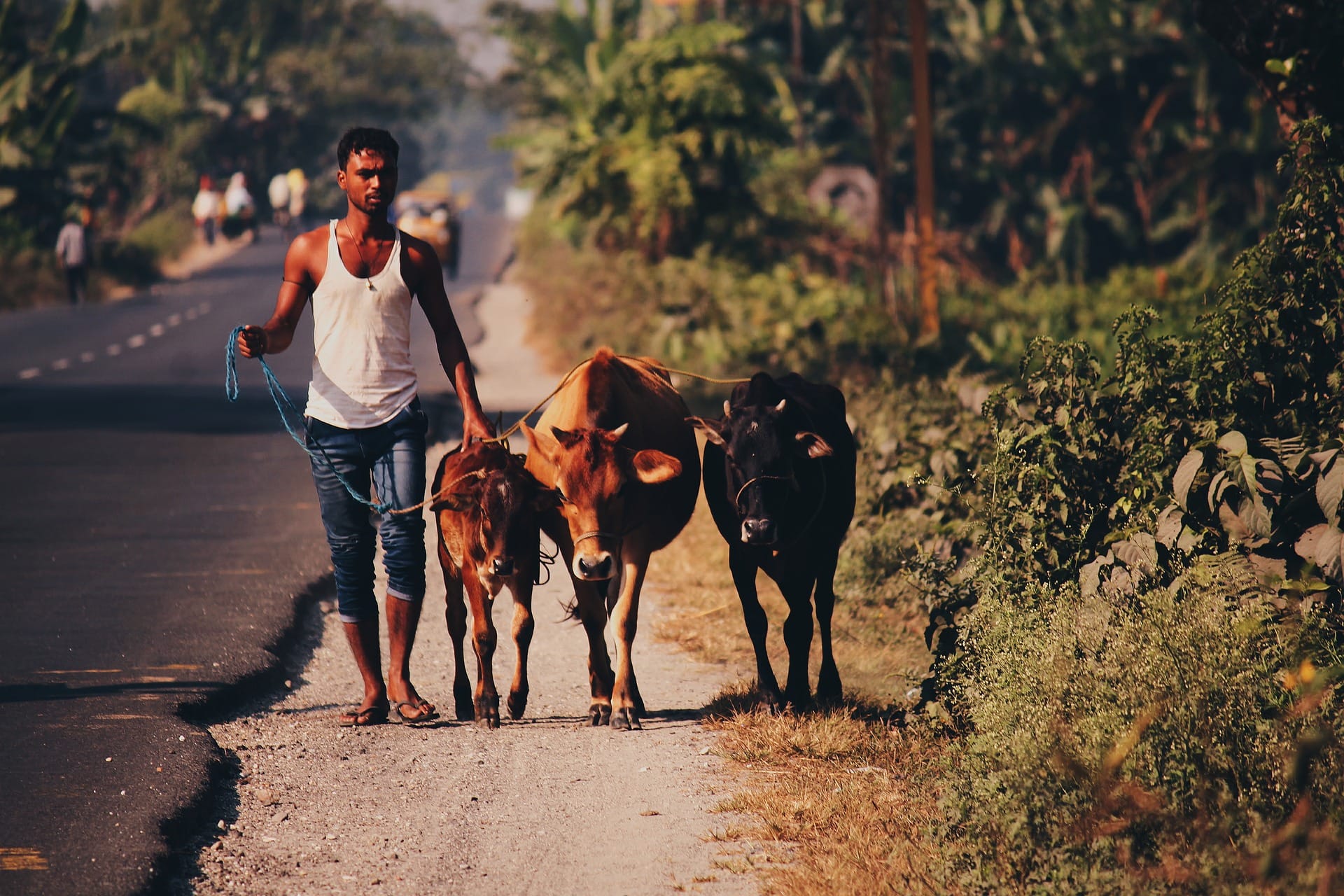La relazione virtuosa tra cibo, cultura e territorio era garantita dalla sensibilità ecologica e ha sempre avuto una sua propria specificità culturale. Questi due elementi rappresentavano un forte collante sociale. La logica del mercato e del capitale hanno determinato una trasformazione profonda di questa relazione. A lungo andare, il risultato non sarà solo un declino dell’agricoltura come economia ma anche come sistema di valori, che avevano reso possibile adattamento, resilienza, convivenza.
Nel testo di A. R. Vasavi estratto dall’Annale Feltrinelli Laboratorio Expo. The Many Faces of Sustainability (2015), l’autore descrive le conseguenze più dirette del disconoscimento della “cittadinanza rurale”.
The State of Agri-Cultures:
Erosions and Assertions of Agrarian Citizenship
Structures and processes of capitalisation, commercialisation, commodification, and new agri-expansionism have disembedded much of the world’s plural and diverse agri-cultures, and once diverse landscapes have turned into monoscapes. With the rupturing of the ecological and social links between food, culture and territory and their substitution with the logic and grammar of market and profit, new conditions and trends are emerging. A range of forms of separation and contradiction mark the contemporary and altering work worlds and cultural fabric of agrarian societies, and the agency of agriculturists stands eroded and questioned. Linked to these trends there is, on a broader terrain, the destruction of common lands and resources, the absorption of vast tracts of agricultural land into national and international real estate grids, and the desymbolisation of agricultural land. The growing promotion and presence of hybrid and genetically modified seeds are threats not only to biodiversity and bio-genetic pools but also to the sovereignty and rights of people. Attendant with these structural issues is the dissemination of dominant images of agriculturists all over the world: the starving peasants of Africa; the suicidal peasants of India; the left-inclined and ready-to-bear-arms peasants of South America; the resilient peasants-turned-factory-workers of Southeast Asia; the peasant-turned-migrant worker of China; and the increasingly uncompetitive and exhausted farmers of Europe and the United States. Enveloping agrarian worlds as vastly different as pre-capitalist and post-capitalist agricultures are transnational capital and market logic that seek to redefine the very meaning of “agri-culture” and the foundational relationships between humans and land and the attendant human-human relationships, identities, socialities, and rights.
[…]
Agrarian citizenship
Although issues of land, agricultural commodities, trade, pricing, productivity, patents, and farm subsidies are central to international negotiations, the agriculturalist continues to be absent from decision-making in these matters. Instead, there is an increasing pathologisation of agrarian citizens who are mostly considered either as patients who must be treated with various regimes of high technology or science inputs, or as supplicants who must be appeased with populist policies or governed through welfare measures which turn into covert forms of subjectivation and suppression. International agriculture-related transactions are dominated by players such as agri-business multinationals, state representatives from developed countries, and a coterie of compromised scientist-administrators, while agriculturists are overlooked. Decision-makers blindly support agri-business agendas and deploy deep and extant forms of violence against rural and agrarian terrains.
The denial of agriculturists’ rights and well-being represents the erosion of the agrarian citizenship of agricultural peoples. Such citizenship, which goes beyond civic and political citizenship and recognizes the land, agriculture, and resource-based rights of agriculturists, is increasingly denied to a vast number of agriculturists. The loss of agrarian citizenship has often led to vast masses of people becoming “rural refugees”, or being displaced from rural areas and taking up residence in urban ghettos. Such areas have become new territories marked as sites of human desperation and depredation which, in turn, invoke or legitimise new forms of governmentality. These then foster the spread of new forms of illegalities which include practices such as the formation of labour gangs that override minimum wage rules, black economies in which tax rules are subverted and banned products sold, transnational circuits of illegal migration and human trafficking, and the rise of new forms of servitude and slavery.






